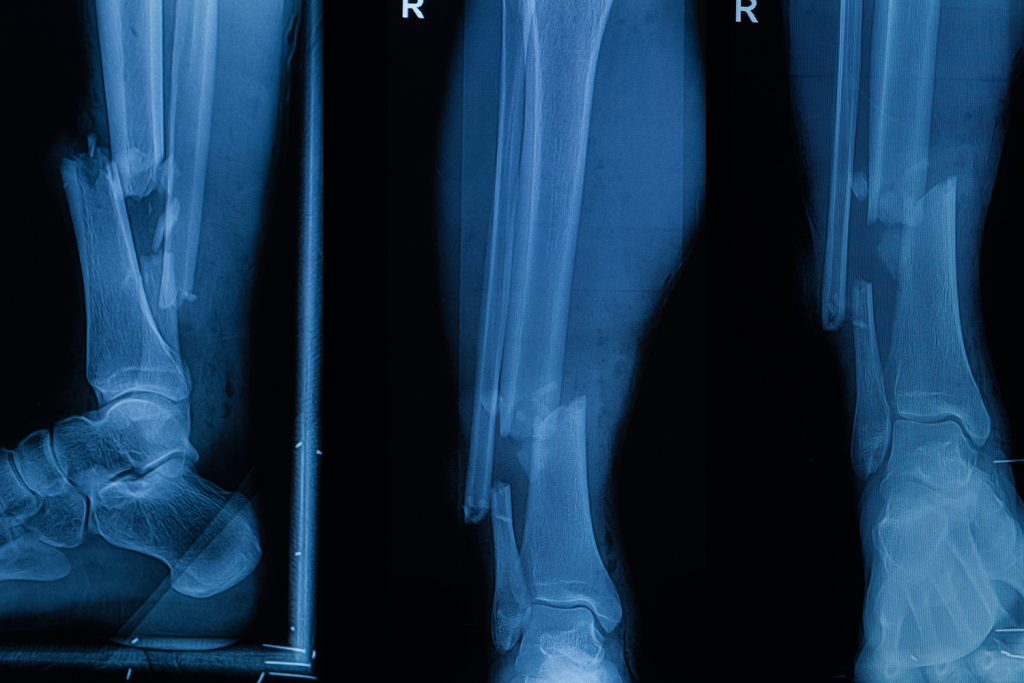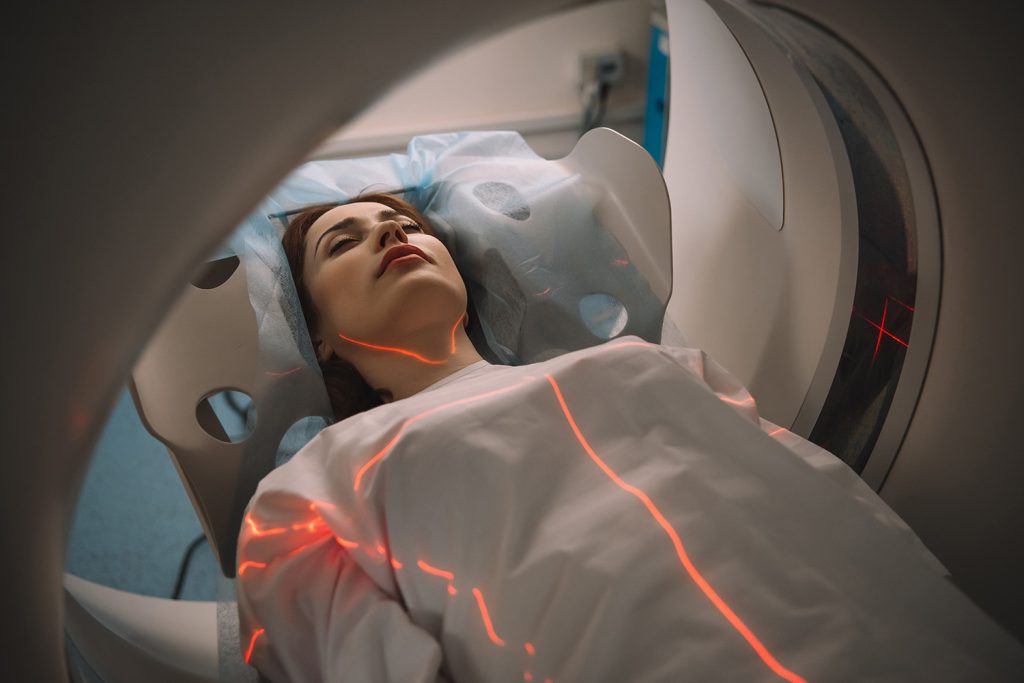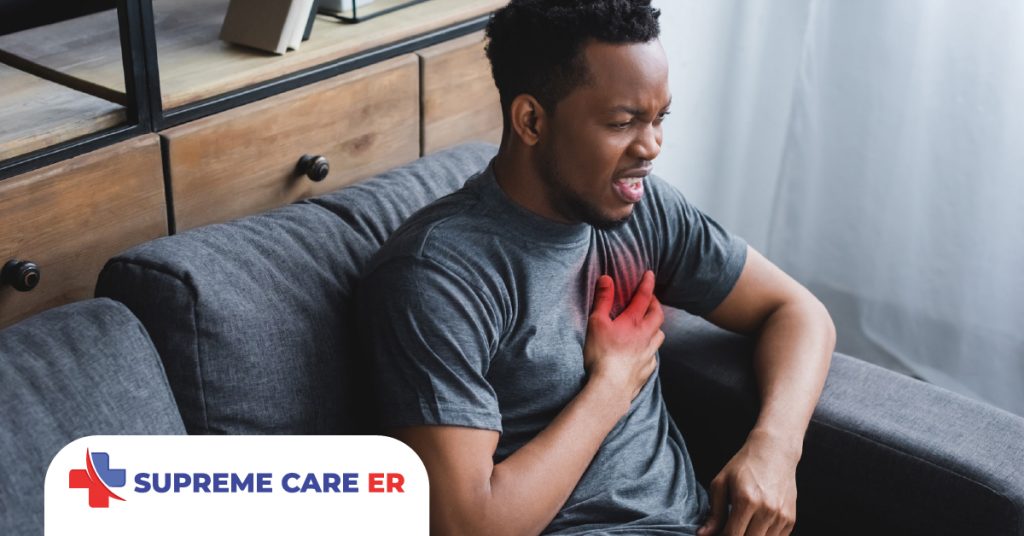Tips to Help You Avoid Exercise Injury Emergencies
Exercise is an excellent ally to staying healthy. It helps strengthen your heart and musculoskeletal system and maintain a healthy weight. But no matter if you are a casual enthusiast or a high-level athlete, injuries can happen to anyone.
The good news is that our helpful prevention tips can help keep the doctor away. Check out our helpful tips to avoid exercise injury emergencies.
At Supreme Care ER in Houston, the finest emergency room in Cypress Texas, we’re happy to provide you with the emergency care that you need in the event of a medical emergency. We’re fast and remain open 24 hours year-round.
Prevent Exercise Injury Emergencies
Take the Time to Warm-Up
Jumping right into your exercise routine without warming up puts you on the path of injury. When our muscles are cold, they are less pliable and, therefore, more prone to tearing.
Dedicating 5-10 minutes before your workout to do a proper warm-up with low-impact constant movement and stretches can save you from injury.

Become a Movement Expert
Learning the proper technique for your preferred exercise is vital to staying injury-free.
If you are a beginner, it’s a good idea to seek the help of a professional who can teach you how to perform the different movements without hurting yourself. Also, don’t let your excitement get in the way of safety. Instead, start slow and progressively increase the intensity and complexity of your workout routine.

Stay Properly Hydrated
Maintaining optimal levels of hydration is essential to staying healthy and avoiding injuries. When we sweat, we lose more than water; we also lose valuable electrolytes that help our brain and body function correctly.
To avoid dehydrating, try drinking 16 ounces of water 1-2 hours before your workout. Then, take sips of water every 15 – 20 minutes while exercising. After you finish, drink an additional 16 ounces within two hours.

Dress for Success
Not wearing the right gear while exercising is one of the leading causes of injury. To prevent injuries, wear comfortable, properly fitted shoes and activewear. Wearing loose or baggy clothing can increase your risk of tripping and falling. While wearing attire that is too tight can hinder your movement. Likewise, research the proper type of shoe recommended for your activity.
Pay Attention to Your Body
There is a myth that for exercise to be effective, it must be painful or at least cause some discomfort. While some soreness after your workout is normal, experiencing pain during your training means something isn’t right. If this happens, you must stop and evaluate what caused the pain.
Adjust your posture and form or take a break, but never try to push through the pain.

Never Overestimate Your Abilities
Setting health goals is excellent. However, consider your current fitness level when selecting them so you don’t overdo it.
Ideally, you should start slowly to allow your body to build strength and improve your fitness level. Then, as you become stronger, you can increase your workout’s length, intensity, and complexity.
Make Sure to Rest
Rest days allow your body to recuperate and rebuild your muscles. You should take one full day of rest after every 3-5 days of workouts. However, you should take more time off if you have extreme soreness, pain, or fatigue.
Common Sport Injuries
- Strains and Sprains
- Tendinitis
- Joint Dislocations
- Bone Fractures
- Concussions
Common Sports Injuries
- Strains and Sprains
- Tendinitis
- Joint Dislocations
- Bone Fractures
- Concussions

When to Come to the ER
Workout-related injuries vary in severity. You can treat mild injuries at home, but moderate to severe injuries need medical attention.
You should seek medical attention when you experience one or more of the following symptoms:
- Severe swelling
- Visible limb deformities after trauma (this a sign of a broken bone)
- Unable to bear weight on an injured extremity
- A wound that won’t stop bleeding
- Severe or unbearable pain
- Trouble breathing
- Loss of consciousness
- Trauma to the head or neck

At Supreme Care ER, we have the most advanced imagining and diagnostic equipment to help our doctor identify the severity of your injuries and start proper treatment right away.
If you’ve suffered a sports-related injury, don’t wait to receive medical help. The sooner you get treated, the better your chances of a fast and complete recovery.
Where to go in Case of an Emergency?
At Supreme Care ER, our doors remain open to provide the very best ER care for you and your family.









